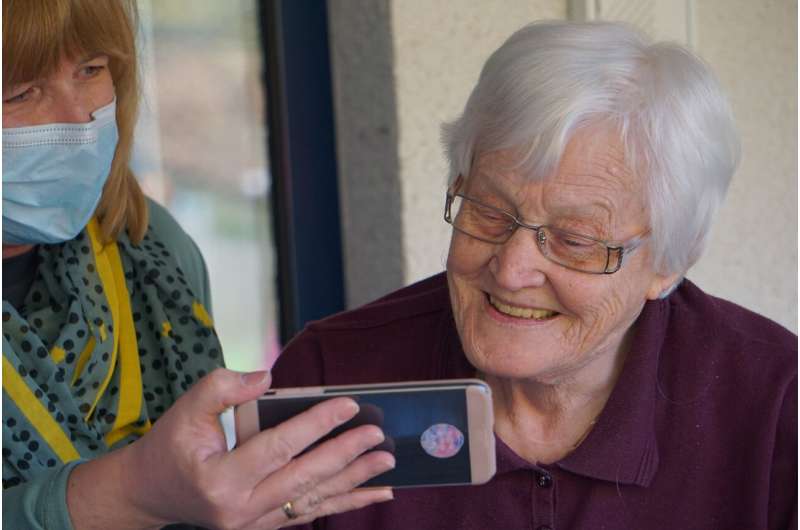Among care organizations, day centers were hit the hardest by COVID crisis

The crisis sociology research group of the University of Tartu Institute of Social Studies and European researchers studied how the care organizations of nine European countries coped during the coronavirus crisis, showing their resilience in providing support to people who had fallen into economic difficulties during the crisis or were already in a vulnerable situation.
The organizations reviewed largely had the same adaptation patterns in all countries. The impact of the pandemic was the most drastic for day centers, which had to suspend their services to homeless people, those in economic difficulties or with special needs. Soup kitchens and night shelters were able to continue their work but had to reorganize it a lot. Rehabilitation or resocialisation facilities were the least affected by the pandemic.
Mentally vulnerable clients and, in most European countries, migrants, as well as clients needing social assistance for the first time were the most affected by the pandemic. This caused a surge in the demand for food assistance, accommodation and counseling. Assistance, however, often remained unavailable because the volunteer staff was overburdened in most countries, organizations lacked crisis strategies and national information was scarce.
The study also showed that care organizations coped better in countries where their relationship with the national social welfare system was stronger. Estonia was one of these countries.
Researchers highlighted three recommendations to improve the organizations’ coping with crisis. First, care organizations should have crisis support funds, extra rooms for providing shelter and, psychological counseling for staff to cope with the increased need for assistance during the crisis.
Secondly, care organizations should be involved in the process of the planning of crisis strategies and mitigation measures so these would better meet their clients’ needs.
Thirdly, the employees of care organizations deserve recognition for acting as key intermediaries of official risk and crisis information and creators of an environment promoting safe behavior, and as organizers of the vaccination of clients.
Source: Read Full Article


